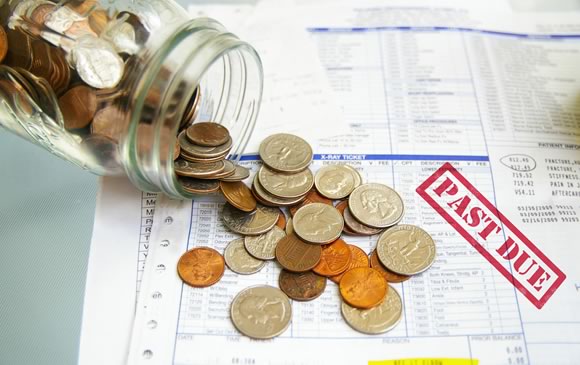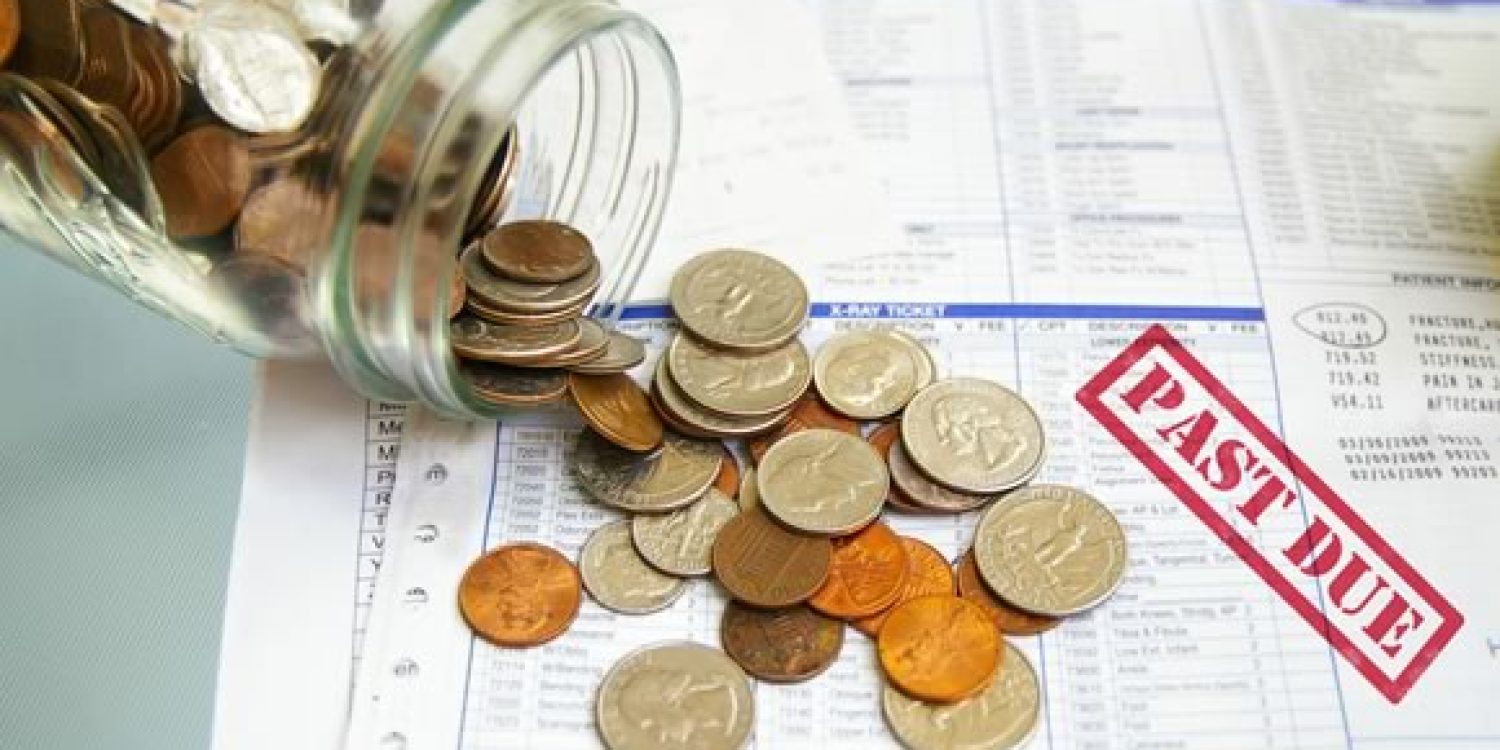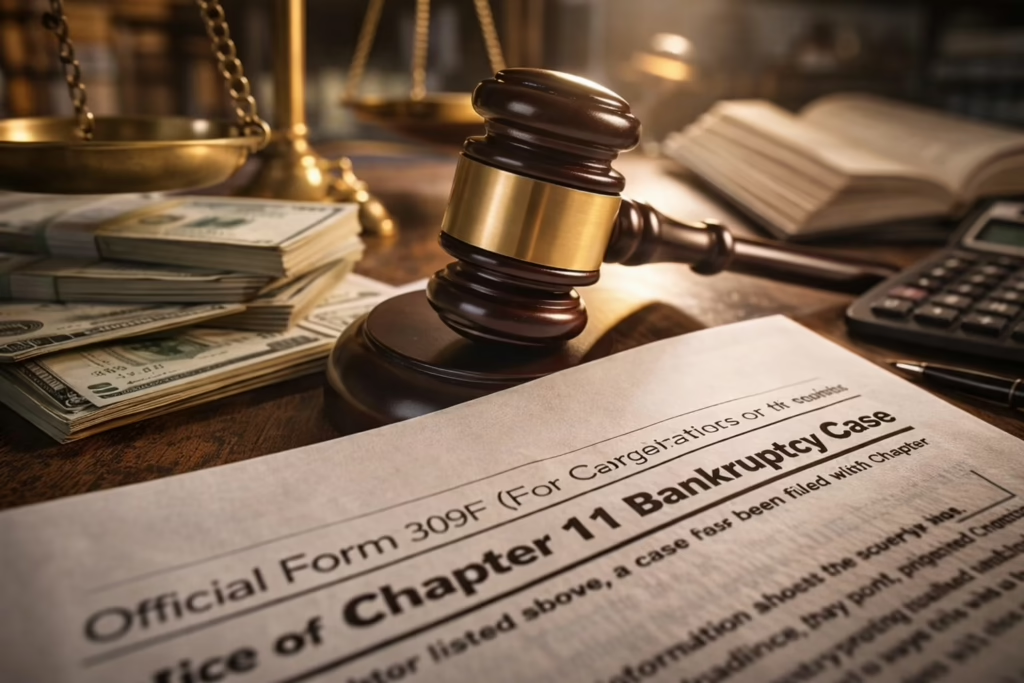The unfortunate reality with debt and owing anyone or any organization money is that often debts can go unpaid. Whether that debt goes unpaid by the debtor refusing, avoiding, or procrastinating paying a debt or a bill, or if the debt owed was simply last in the shuffle of mail and email, there are so many ways that debts can go unpaid.

Regardless of what the reason was that the account or the bill didn’t get paid, if you haven’t paid it, you could be facing some serious ramifications and consequences depending on what happens with your debt. That, for the most part, is in the hands of your creditor and what they decide to do with your debt.
To give you a better idea of what happens when you forget to pay a bill or avoid paying a bill, we are going to provide you with a little breakdown of the process for what happens to your debt when it gets placed in the hands of a collection agency.
What Happens When Your Debt Goes into Collections?
So what does it mean when your debt goes into the hands of a collection agency. When you go into debt with a company, the company has the choice of either pestering you until they receive your payment or they get tired of pursuing collecting the past due account, they can send your total balance to a collection agency. Then, it is in the hands of the collection agency to get the payment from you. If the debt to the collection agency or the company goes unpaid, that can affect your ability to get a loan or a service that you are applying for. It can even have the power to wreck your credit score, depending on the circumstance of your debt and the collection agency.
What you need to recognize is that virtually any kind of debt can get sent to a collections agency. The most common types of debt that get sent in are form of:
- Unpaid credit card bills
- Unpaid medical bills
- And unpaid cell phone bills.
What Happens to the Debt?
Depending on who is handling the debt, some will set out to pay the debt so that they don’t have to face the ramifications, while others will bury their heads in the sand and hope for the best. So that begs the questions, can your debt be forgotten about or forgiven?
Actually, each state has its own laws that discuss their individualized statute of limitations for debt. Some states will even forget about or forgive certain types of debt after a specific period has passed. There are some exceptions that involve student loans, some judicial debts, and of course your taxes. You have to be careful though because if you don’t pay up your debts and if you are unclear on the laws of debt in your state, the company that is holding your debt may have the right to sue you.
How to Handle Your Unpaid Debt
If you have debt with someone and have received a collection notice, there are a few different ways that you can go about handling it. The first thing that you want to do is to find out exactly how old your debt is. The next thing that you will want to find out is how long your debt has been in collections. If you have found that your debt is really old, you should go to the debt statute of limitations for your state to see if you need to worry about it, or if you are in the clear.
Just know that before you pay anything, the collector must have proof that you owe them money. The best way that you can protect yourself in this situation is to never, in any case, validate a debt or agree to pay any sum of money before the collection agency proves that you have to pay it. Keep in mind that past billing statements aren’t adequate evidence to prove that you owe anything.
If your collector or the business that you owe verifies your debt and provides evidence that you are indeed in debt to them, the best thing to do in that circumstance is to pay off your debt as soon as possible. If your debt has already been filed to an agency, you still may be able to avoid damage to your credit score. It usually takes about 30 days from the time that your debt is filed with a collection agency before the agency decides to submit your outstanding debt to the credit bureaus.
If you cannot pay the sum now, you need to let the collection agency know that you have full intention of paying the entire amount that you owe. To avoid having them put you in the precarious position of a lawsuit, you should let them know that you are judgment-free, which essentially means that you protect your income or assets that they could take even if they did win against you in court.
Tips for the Future
Just a few pointers for debt in the future, try to make sure that you pay all of your debts in full, as soon as you notice them. If for whatever reason you aren’t able to, keep in mind that you have rights and that you should explore them, so you know what your options are.
Commercial Collection Topics
- Accounts Receivables Aging Schedule The Accounts Receivable Aging Schedule is a useful tool for analyzing the aging of your accounts receivable. Analyzing the schedule...
- Country Risk Ratings Defines country risk ratings and how they affect business....
- A New Era for Debt Collection? Cash is King Listen to another episode Listen Listen About Transcript About CFPB 2024 Annual Report on Activities to Administer...
- First Quarter GDP Numbers for 2017 In the first quarter of this year, the US GDP increased by 0.7% overall. While seven-tenths of a point may...















